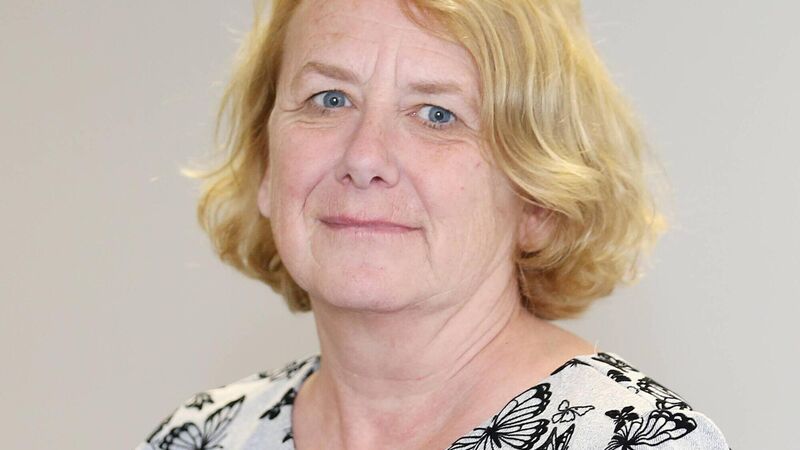Inspector concerned over 2,000 people still living in large mental health facilities

Inspector of Mental Health Services Dr Susan Finnerty said it appears disability services have improved more quickly in comparison to psychiatric services.
Try from €1.50 / week
SUBSCRIBEThe Inspector of Mental Health Services has said she is concerned at finding almost 2,000 people still living in large mental health institutions, including elderly people who have lived like this for decades.
The number is in spite of policies dating back to the 1980s for closing congregated settings where residents lack choice around what time they eat or go to sleep.
Already a subscriber? Sign in
You have reached your article limit.
Annual €130 €80
Best value
Monthly €12€6 / month
Introductory offers for new customers. Annual billed once for first year. Renews at €130. Monthly initial discount (first 3 months) billed monthly, then €12 a month. Ts&Cs apply.
CONNECT WITH US TODAY
Be the first to know the latest news and updates
Newsletter
Keep up with stories of the day with our lunchtime news wrap and important breaking news alerts.
Monday, February 9, 2026 - 6:00 AM
Monday, February 9, 2026 - 8:00 AM
Monday, February 9, 2026 - 8:00 AM
© Examiner Echo Group Limited